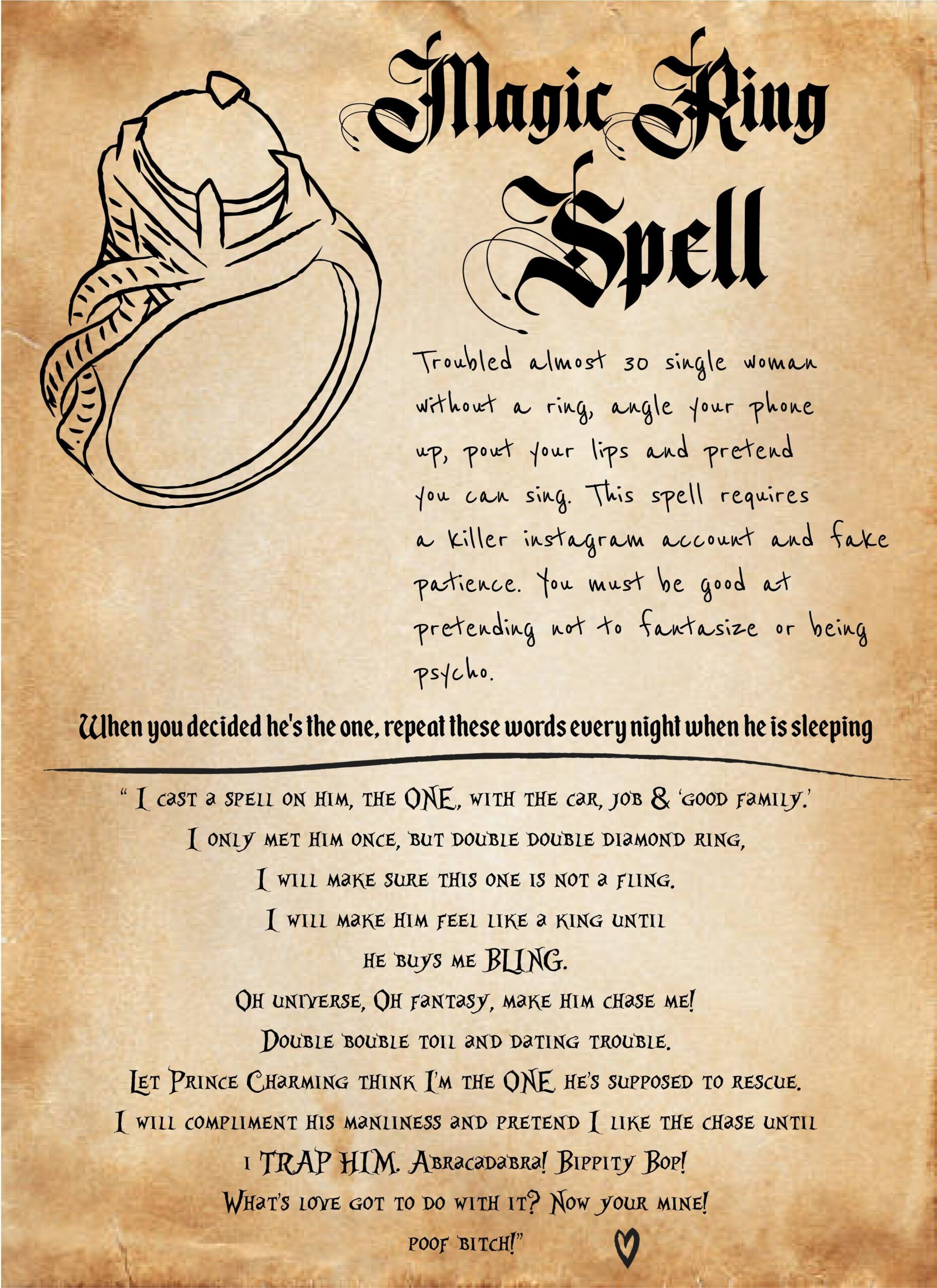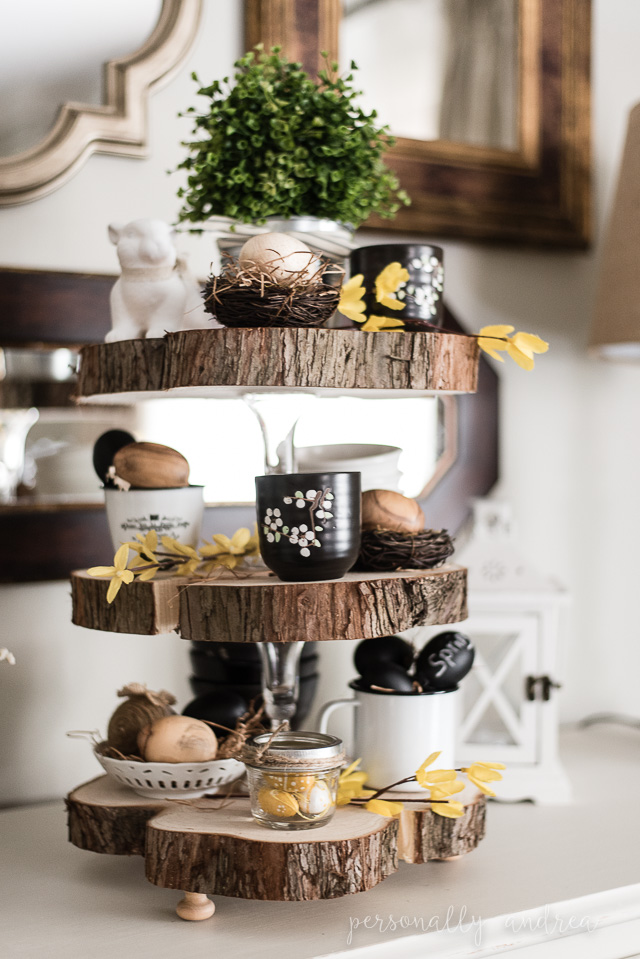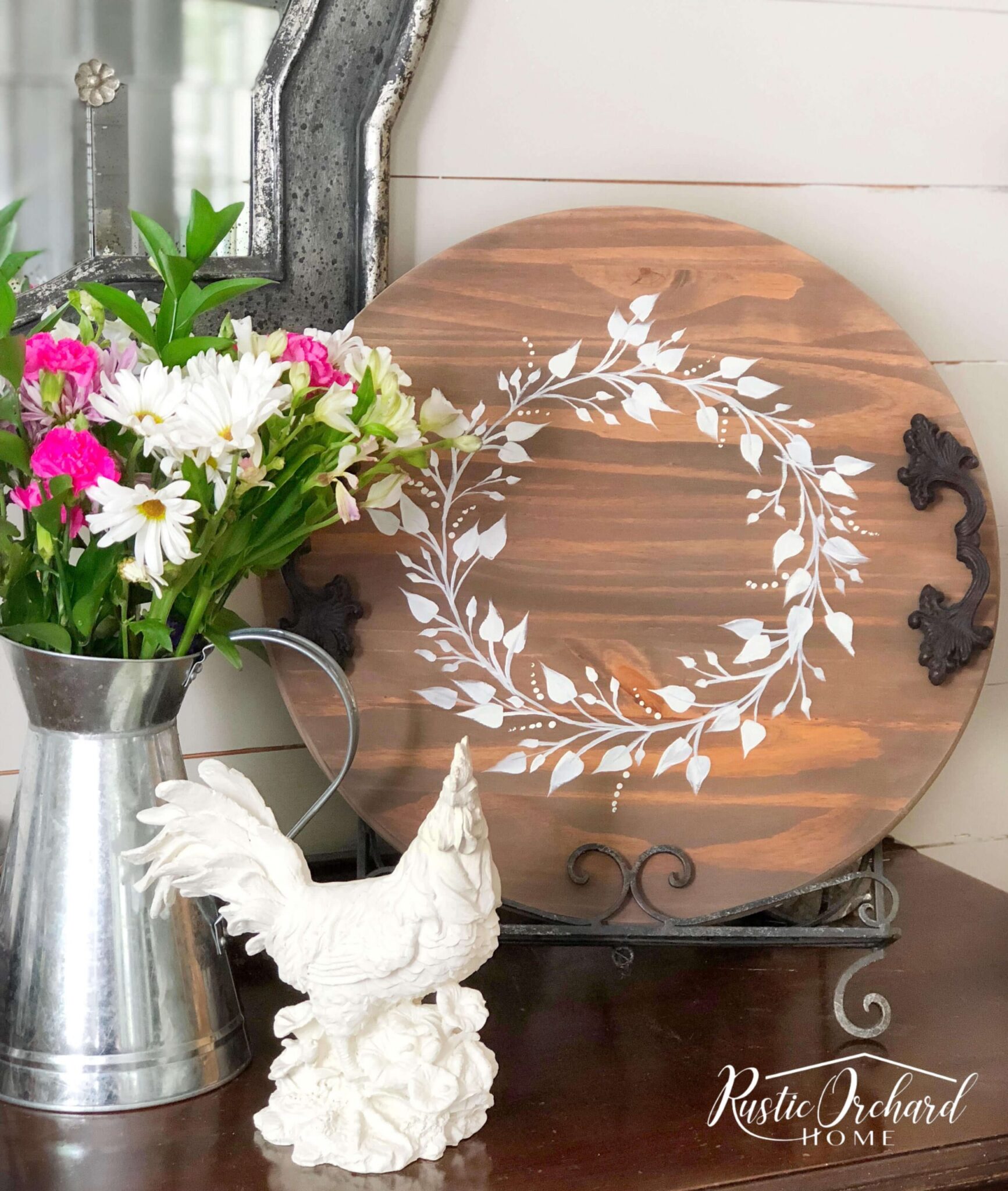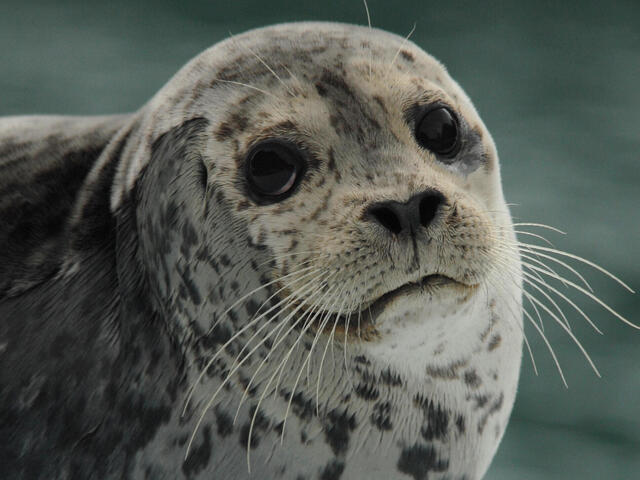Emus as Pets: What You Need to Know Before Bringing One Home
Emus as pets: understand these unique birds
The idea of keep an emu as a pet might seem exotic and appealing. These large, flightless birds native to Australia have distinctive appearances and fascinating behaviors that can make them seem like interesting companions. Nevertheless, before consider an emu as a household pet, it’s essential to understand what’s involve in their care and whether they’re genuinely suitable for domestic settings.
The nature of emus
Emus are the arc second largest bird species in the world by height, stand upward to 6 feet tall and weigh between 80 120 pounds when amply grow. In the wild, these birds areknownw to cover vast distances, with home ranges that can span several miles. They’re build for run, capable of reach speeds up to 30 miles per hour, and possess powerful legs that can deliver potentially dangerous kicks when the bird feethreatensen.
Unlike many traditional pets, emus have not undergone centuries of domestication. They retain many of their wild instincts and behaviors, which can make them unpredictable. While they can become accustomed to human presence, they typically don’t form the same types of bonds with humans that dogs, cats, or yet some bird species do.
Legal considerations
Before yet consider an emu as a pet, check local regulations. Many areas classify emus as livestock or exotic animals, require special permits or licenses. Some jurisdictions prohibit keep them in residential areas exclusively due to zone restrictions. The legal landscape varies importantly:
- Some states require exotic animal permits
- Many urban and suburban areas prohibit livestock within city limits
- Some counties have specific ordinances regard ratite birds (the family that include emus )
- Agricultural zoning may be required for legal emu ownership
Fail to comply with these regulations can result in fines, force removal of the birds, and other legal consequences. E’er research and secure proper permissions before acquire an emu.
Space requirements
Emus require substantial outdoor space to thrive. These are not birds that can be keep in a standard backyard or indoor setting. Minimum recommendations include:
- At least a quarter acre of land per bird, though more is preferable
- Secure fencing at least 6 feet tall to prevent escape
- Protection from extreme weather conditions
- Areas for dust bathe and forage
The enclosure must be design with their safety in mind. Emus can be injured by run into fencing theycan’tt see intelligibly, hence visible barriers are important. The area should be free of hazards like loose wires, sharp objects, or toxic plants.
Diet and nutrition
Feed an emu right require specialized knowledge. In the wild, emus are omnivorous, eat a variety of plants, insects, and small animals. In captivity, their diet typically consists of:
- Commercial ratite feed formulate specifically for emus
- Fresh fruits and vegetables
- Access to graze areas
- Protein sources like insects or specialized supplements
Improper nutrition can lead to serious health issues, include leg problems, reproductive disorders, and shorten lifespan. Find a veterinarian knowledgeable about emu nutrition can be challenge but is essential for their proper care.
Health and veterinary care
One of the biggest challenges of keep emus as pets is found appropriate veterinary care. Not all veterinarians have experience with ratites, and specialize avian vets may not beequippedp to handle birds of this size. Consider:
- Locate a vet with ratite experience before acquire an emu
- Understand common health issues like impact crop, leg problems, and parasites
- Learn basic health assessment techniques
- Plan for transportation to a vet facility (not an easy task with a 66-footbird )
Emus can live 10 30 years in captivity with proper care, represent a significant long term commitment.
Behavior and temperament
While emus can become accustomed to their caretakers, they’re not typically affectionate in the way many people expect from pets. Their behavior include:
- Natural wariness and sometimes fear of humans and other animals
- Potential for aggression during breed season
- Powerful kicks that can cause serious injury
- Loud drum vocalizations, especially from females
Young emus may seem docile, but their temperament oftentimes changes as they mature. An emu that was handleable as a juvenile may become more aggressive or territorial as an adult, particularly during breed season.
Social needs
In the wild, emus are broadly solitary outdoor of breed season but do interact with other emus. In captivity, they can be keep alone but oftentimes do intimately with astatine least one companion. Yet, multiple males may fight during breed season, and introduce new birds require careful management.
Emus don’t typically bond with humans in the same way as traditional pets. While they may recognize their caretakers and tolerate handling if raise from chicks, they don’t seek affection or companionship from humans in the way dogs or cats do.

Source: musicbykatie.com
Financial considerations
The costs associate with keep emus extend far beyond the initial purchase price:
- Enclosure construction: several thousand dollars for proper fencing and shelter
- Feed: $50 100 monthly per bird
- Veterinary care: specialized and potentially expensive
- Permits and licenses: varies by location
- Property modifications to accommodate their needs
Additionally, property insurance may be affect by keep exotic animals, and find someone to care for emus during vacations or emergencies can be challenging and costly.
Alternatives to keep emus as pets
For those fascinate by emus but recognize the significant challenges of keep them as pets, consider these alternatives:
- Visit sanctuaries or farms that keep emus
- Volunteering at facilities that care for ratites
- Support conservation efforts for wild emu populations
- Keep more manageable birds like chickens or ducks if you’re interested in avian pets
These options allow for interaction with and appreciation of these remarkable birds without the substantial commitment of ownership.
Success stories: when emus work as pets
While challenge abound, some people do successfully keep emus in appropriate settings. The common factors in these success stories include:
- Rural properties with ample space
- Proper zoning and legal compliance
- Experience with livestock or exotic animals
- Access to knowledgeable veterinary care
- Realistic expectations about the human emu relationship
Nearly successful emu owners view their birds more as livestock or farm animals than as traditional pets. They appreciate the birds for their unique qualities quite than expect companionship or affection.
The reality of emu ownership
The reality of keep emus differ importantly from what many prospective owners imagine. These birds require specialized care, substantial space, and come with behaviors that can be challenge in a domestic setting. They’re not suitable for typical pet owners and require commitment more akin to maintain a small farm operation than keep a traditional pet.
Alas, many emus end up abandon or surrender to sanctuaries when owners realize they can not meet the birds’ needs. Rescue organizations report that impulse purchases of emu chicks oftentimes result in adult birds need rehome when they grow to their full size and exhibit natural behaviors that owners find difficult to manage.
Conclusion: are emus good pets?
For the vast majority of people, emus do not make good pets. They require specialized knowledge, substantial resources, appropriate facilities, and a commitment to provide care for potentially decades. They’re not companion animals in the traditional sense and are intimately suit to farms, ranches, or professional facilities with the resources to meet their complex needs.
If you’re allayed interested in emus after understand these challenges, consider start with extensive research anhands-onon experience at exist emu farms before make any commitment. Responsible ownership begin with realistic expectations and proper preparation, and for most potential pet owners, the conclusion wilprobablyle be that another animal would be a more suitable choice.
Emus are magnificent birds deserve of proper care and respect. The best way to show that respect might be recognized that, for most of us, admire them from a distance quite than keep them as pets is thewell-nighh responsible choice.

Source: musicbykatie.com
MORE FROM getscholarships.de













